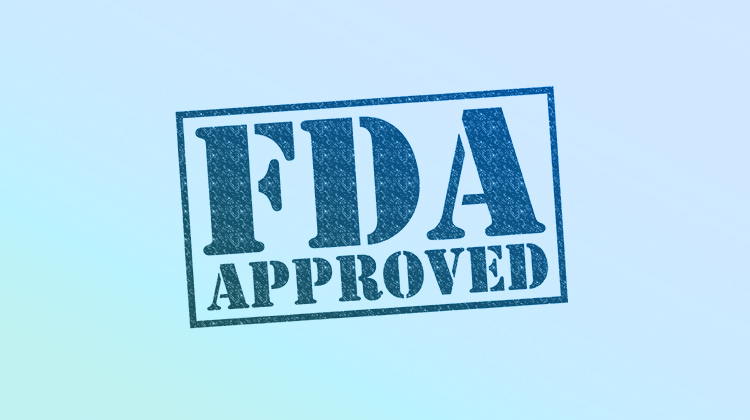Avedro Finally Secures FDA Approval

On Monday, Avedro Inc. announced the US Food and Drug Administration finally gave a green light for its KXL System in corneal collagen cross-linking for the treatment of progressive keratoconus.
This is a story we’ve been following at OIS.net.
According to the company, keratoconus is a progressive thinning and distortion of the cornea. It is the most common corneal dystrophy in the US, affecting approximately 1 in every 2,000 Americans or roughly 170,000 people.
In a presentation to OIS@ASCRS in 2014, Stephen Slade, MD, from Slade and Baker Vision, gave a sector overview of corneal cross-linking and explained why it works so well to treat keratoconus. “I love cross-linking because it is a proactive treatment,” Slade said, explaining that 27% of keratoconus patients end up having corneal surgery.
At that same meeting, David Muller, then the CEO of Avedro, participated in a panel discussion centered on the potential of cross-linking.
Muller presented the company’s corneal cross-linking story several times. Watch the presentations here, here, and here.
Muller also frequented the OIS Podcast. Hear his thoughts here and here. (In the most recent podcast he explained why he was leaving Avedro and starting a new venture.)
In February 2015, a joint panel of the FDA voted to recommend approval but in late March the agency denied approval, asking for more information.
This week, Avedro finally got the answer it had anticipated receiving a year ago.
In today’s OIS Podcast, we complete the story by speaking with OIS Co-chair Gil Kliman, an investor in Avedro who participated in the company’s $32 million round last fall, leading the deal with OrbiMed Advisors. The two previously had invested together in MIGS leader Glaukos.
“We’re really excited for obvious reasons,” Kliman says. “This has been long awaited, not so much by the company, but maybe by the entire ophthalmology community in the US. Corneal cross-linking has really been an unusual procedure and it’s been widely used outside the US, but not in the US due to the lag in FDA approvals. So it’s a very proven technique, standard of care in most countries, and now we’re finally going to have it available in the US.”
We hope you take a few minutes to listen to Kliman’s interview on today’s OIS Podcast.
